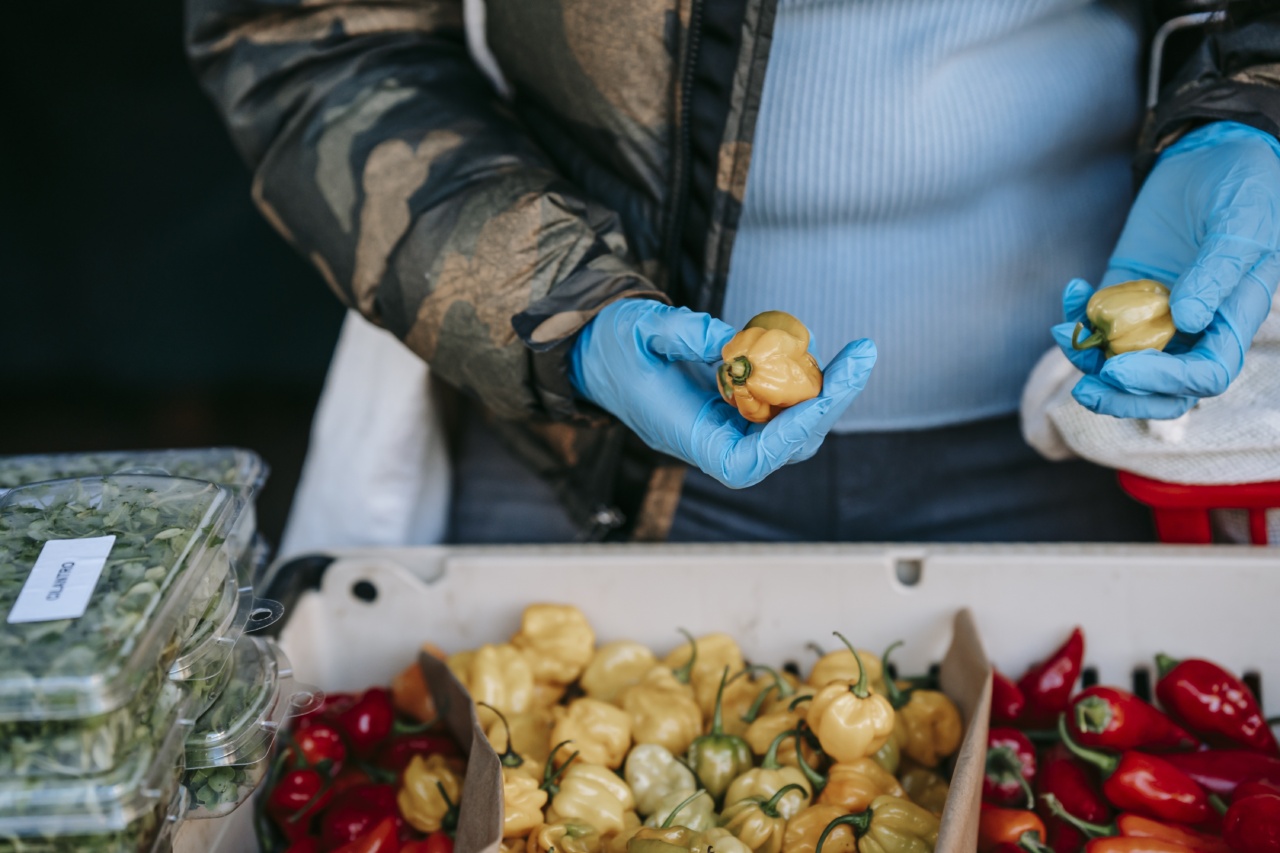It is believed that our diet plays a major role in the development of cancer. While some foods are known for their protective properties, others can have the opposite effect, increasing the risk of cancer by up to 75%.
Processed meats
Processed meats, such as ham, bacon, and sausages, are linked to an increased risk of colorectal cancer. These foods contain nitrates and nitrites, which can form cancer-causing compounds when heated.
Red meat
Eating red meat in large amounts or a high intake of cooked red meat is linked to an increased risk of colorectal cancer. The high iron content in red meat can damage cells in the lining of the colon, leading to cancer.
Fried foods
Fried foods are often high in fat and calories, which can promote obesity, a risk factor for many types of cancer. Additionally, oils used in deep frying can produce harmful compounds such as acrylamide, which is linked to an increased risk of cancer.
Sweetened drinks
Sugary drinks, including soda, energy drinks, and sports drinks, are linked to an increased risk of obesity, which is a major risk factor for many cancers. They also contain high levels of sugar, which can cause inflammation and promote cancer growth.
Alcohol
Excessive alcohol consumption is linked to an increased risk of many types of cancer, including breast, liver, and colorectal cancer. Alcohol can damage DNA and increase the production of harmful chemicals in the body, increasing the risk of cancer.
Refined carbohydrates
Foods such as white bread, pasta, and sugar are linked to an increased risk of cancer, particularly colorectal cancer. These foods are high in refined carbohydrates, which can cause inflammation and promote cancer growth.
Charred and grilled foods
When meat is cooked at high temperatures, it can form cancer-causing compounds such as heterocyclic amines (HCAs) and polycyclic aromatic hydrocarbons (PAHs). Cooking meat over an open flame, such as grilling or BBQ, can also produce harmful compounds.
Charred and grilled meats are linked to an increased risk of colorectal and pancreatic cancer.
Canned foods
Canned foods are often high in sodium, which can increase the risk of stomach cancer. Additionally, many canned foods are lined with bisphenol-A (BPA), which can mimic estrogen in the body and increase the risk of breast and prostate cancer.
Artificial sweeteners
Artificial sweeteners, such as aspartame and saccharin, are linked to an increased risk of cancer.
While the evidence is not yet conclusive, some studies have found an association between these sweeteners and an increased risk of bladder cancer and lymphoma.
Low-fiber foods
Foods low in fiber, such as white bread, rice, and pasta, are linked to an increased risk of colorectal cancer. Fiber helps to promote regular bowel movements and prevent colon cancer by removing waste and toxins from the body.
Conclusion
Your diet plays a critical role in your risk of developing cancer. By avoiding these surprising foods that are linked to increased cancer risk, you can help lower your risk and promote overall health and wellness.





























